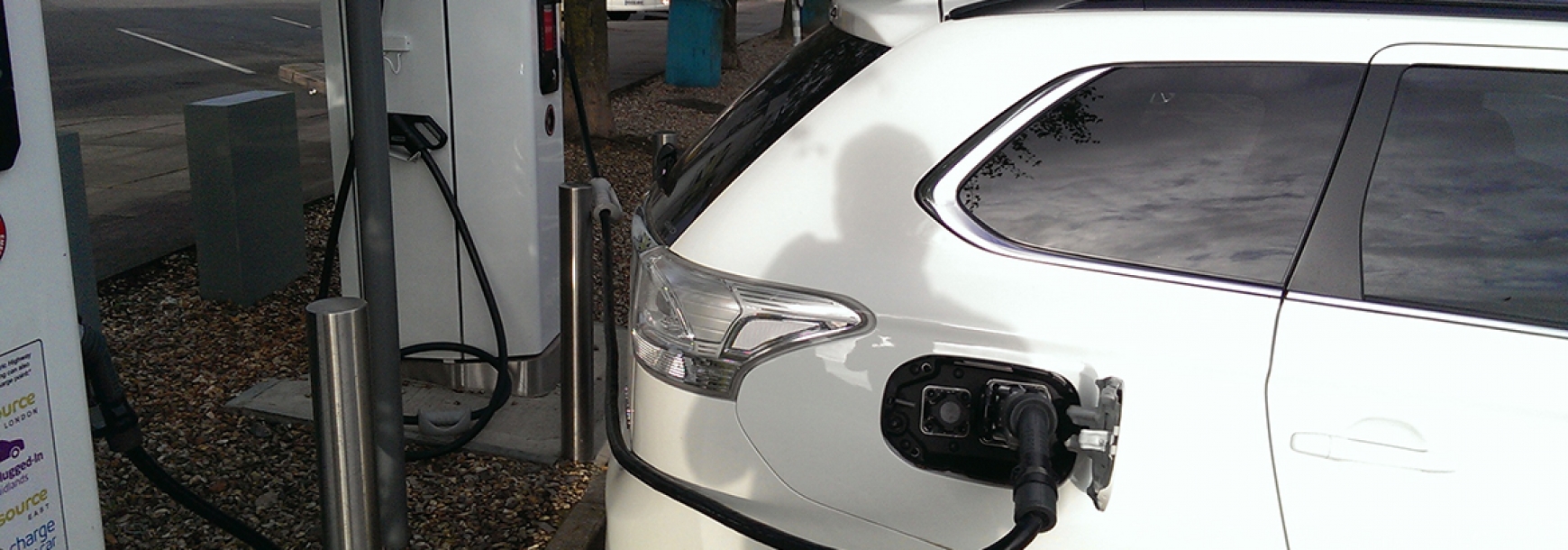For several years, Ecotricity has been providing ‘free to use’ charging points at motorway service stations, amongst other locations, for electric vehicle owners.
Therefore, it may come as no surprise to those of us who own or drive an electric vehicle that, earlier this week, an email was sent out explaining that these points would no longer be free. There would be a new charging structure put into place of £5 per 20 minute session.
Now bear with me on this; calculations coming up…
I recently charged my Mitsubishi Outlander at the charging point in Newbury services, availing myself of 6.6 kWh of Ecotricity’s electricity in a session that lasted 24 minutes. This means that in a 20 minute session, I would have used 5.5 kWh and, at Ecotricity’s new price, this would cost 91p/kWh. Approximately 10 times what I would pay at home.
Now, here’s the real killer; for the 4 minutes over the initial 20 minutes, I would incur another £5 charge, making the cost of the electricity used in this period £4.55 per kWh! For a hybrid like mine, it then becomes cheaper to fill up with petrol than to charge up with electricity – so why would I bother?
In order to use the charging points, every user needs an account with a smart card and some charging points will require you to use an App as well. So, since your usage is recorded against your account, they know exactly how much electricity was used and could, if they wished, charge accordingly.
So, here’s an idea…
How about charging users for the energy they use at competitive rates, with a standing charge to cover the cost of the equipment. Each user could be billed quarterly, just like any other energy supply.
What with the government grant supporting the purchase of new electric vehicles soon to be exhausted, the upcoming increase in company car tax for these categories of cars and fewer charging point installation schemes for commercial premises, this could be seen as another disincentive for hybrid vehicle ownership.


